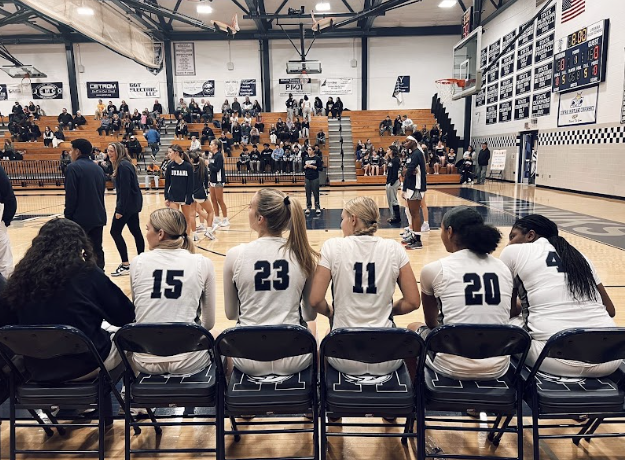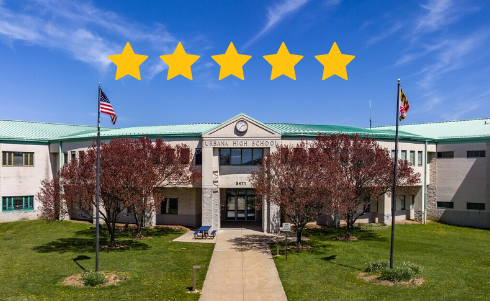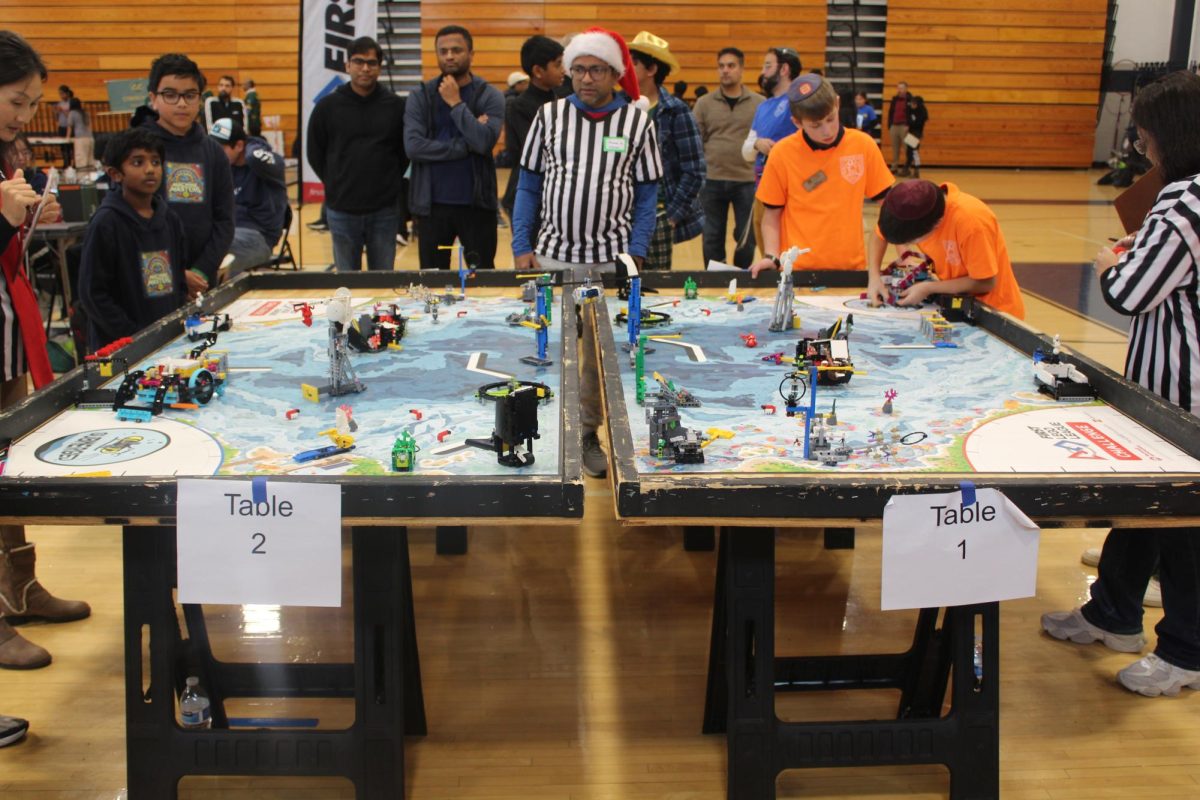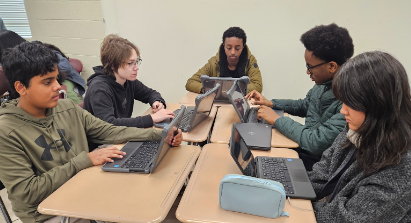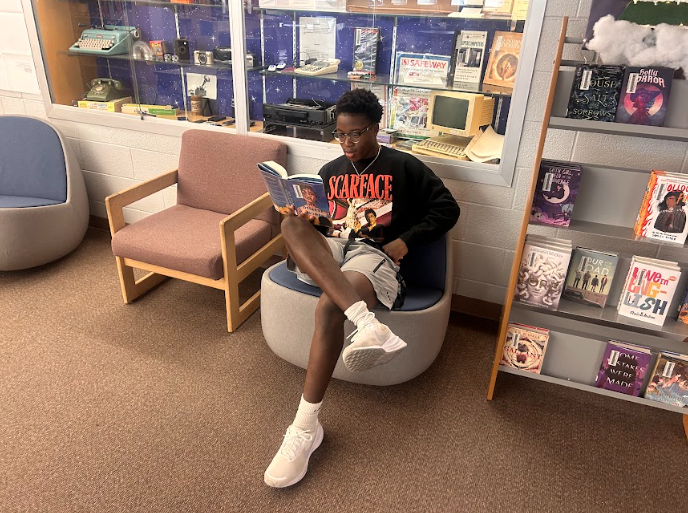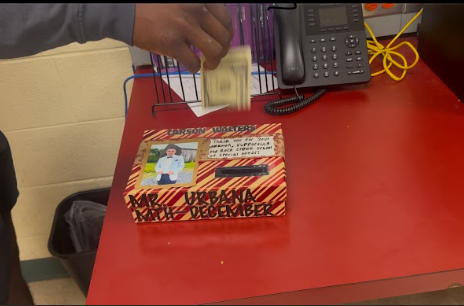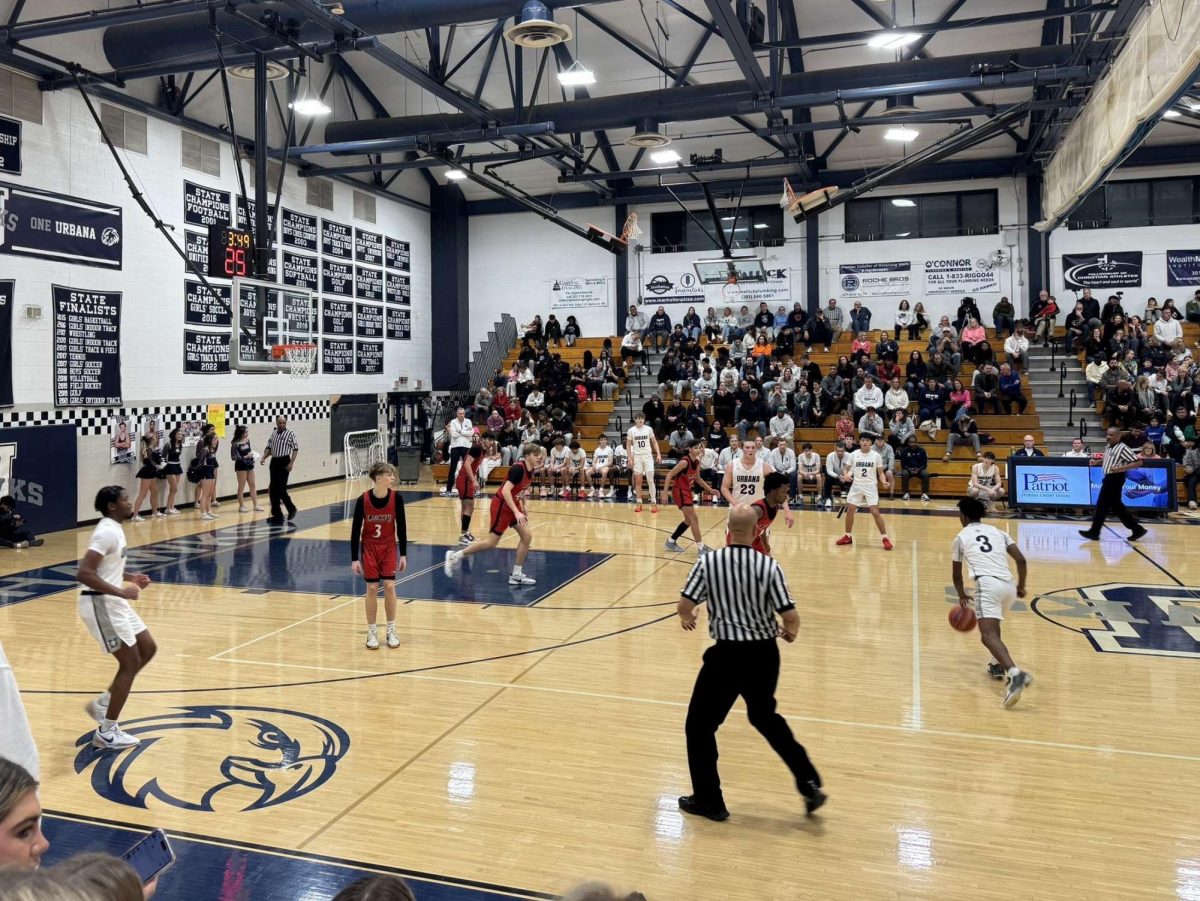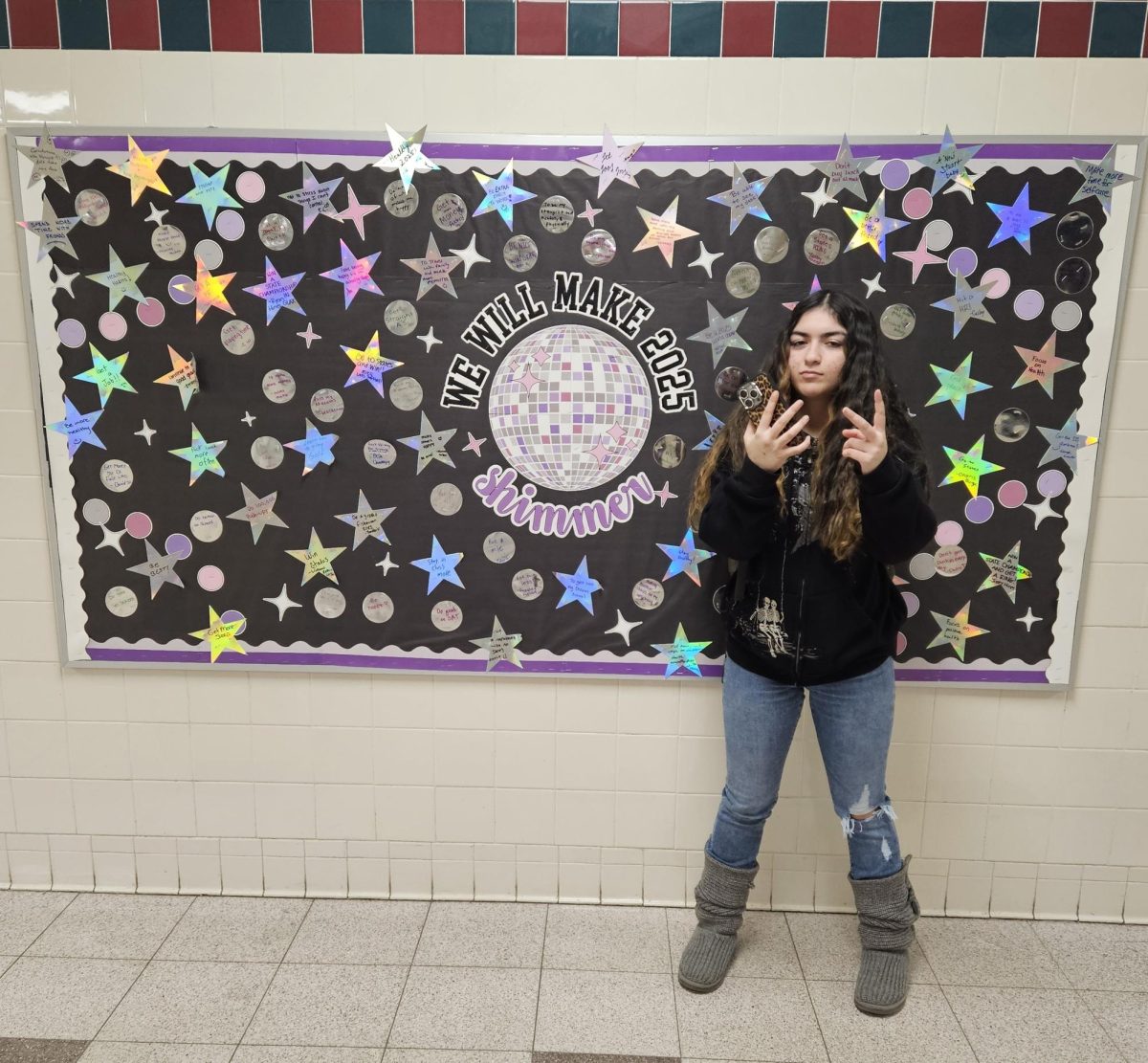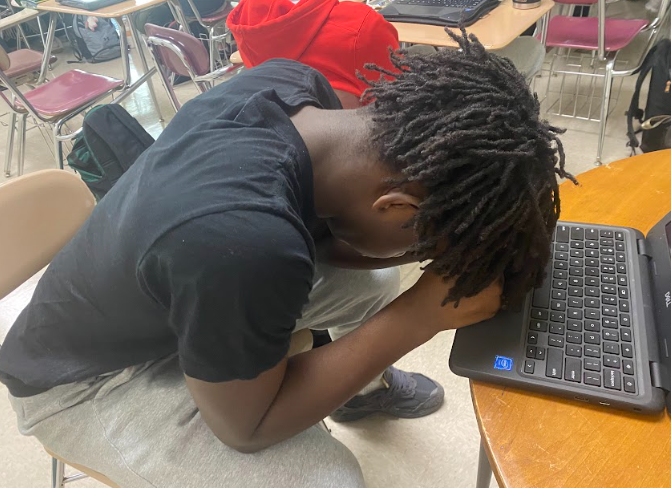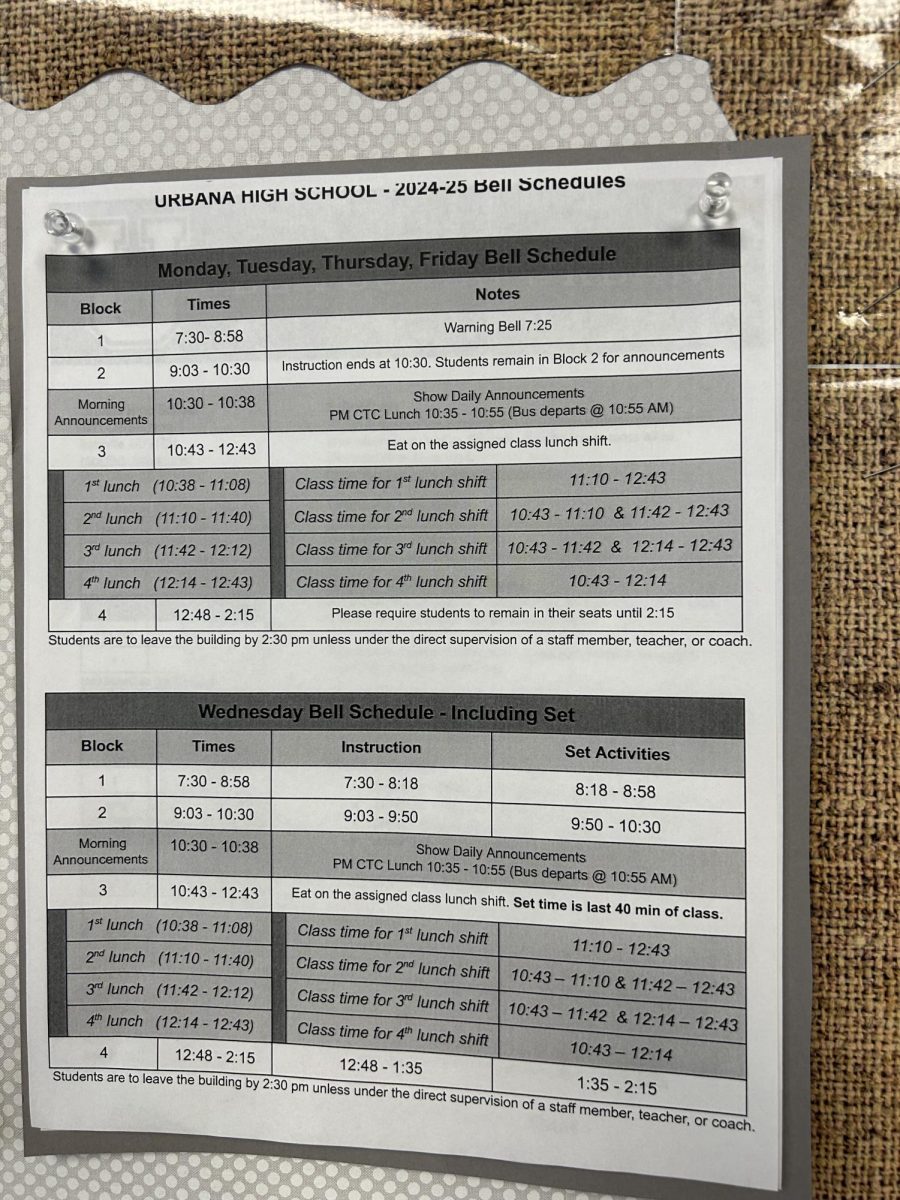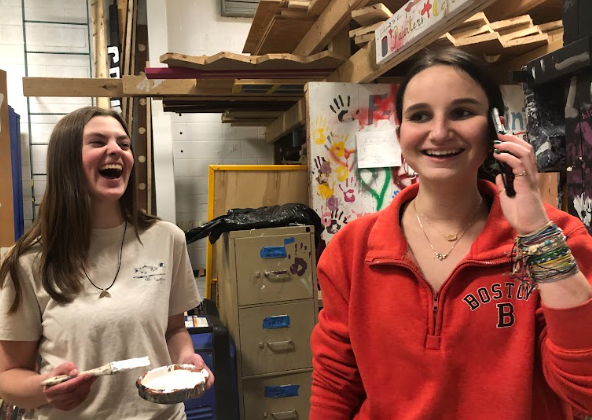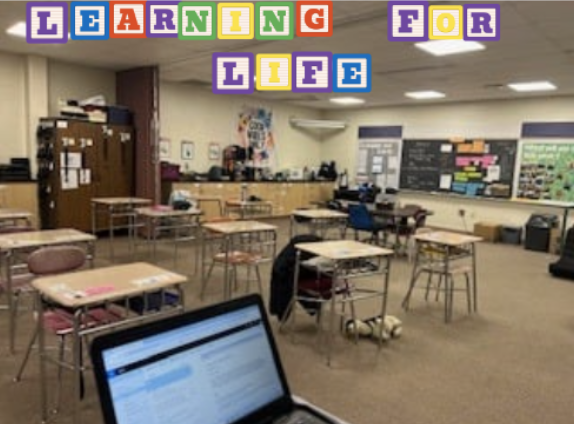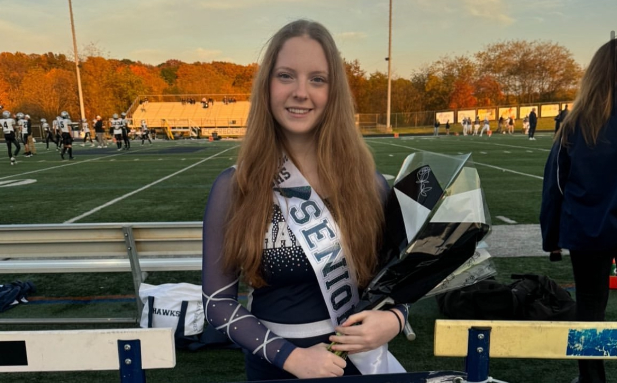Tragedy Ignites a Movement
November 6, 2013
In light of the tragic death of Urbana junior, Taylor Ciampa, the issue of organ donation comes to the forefront of our minds. Taylor was waiting for a heart transplant.
According to organdonor.gov, 119,979 people are waiting for an organ and 18 people will die each day waiting for transplants that can’t take place because of the shortage of donated organs. There are many choices that we will have to make in life, and one of those choices is whether to become an organ donor or not.
As a coming of age ritual, many students are getting their driver’s licenses. While doing the paperwork to obtain your license, you will be asked if you would like to be an organ donor. All that is required is a simple signature to make this happen. Just one organ donor can save up to 8 lives.
“In 2010, there were almost 2.5 million deaths in the U.S. Imagine if every one of those persons had donated,” says organdonor.gov. Anyone can sign up to be a donor, regardless of age.
Many people worry that in a near-death medical state their treatment will be sabotaged if they are registered as an organ donor. This is not true; the number one priority is to save the patient’s life.
“Only after all efforts have been exhausted in saving a patient’s life and death has been declared by the attending physician will organ donation take place. The doctors working to save a patient’s life in an emergency room or hospital’s intensive care unit are separate from the medical team that would be involved in the transplant process,” says The Living Legacy Foundation.
Today, more than 2,200 people in Maryland are waiting for a life-saving transplant. On March 18, 2012, 17 year-old Clear Spring High School (Hagerstown, MD) student, Quinn Hoover, died in a car accident.
Quinn was a normal kid like all of us. He was planning on playing soccer at McDaniel college and he was on his way home from a date when the accident happened. He was a registered organ donor so, upon his death, his pancreas, liver, and kidneys were donated. These gifts of life saved three people’s lives.
Quinn’s life could not be saved, but with the selfless act of organ donation, he left a legacy behind and helped give three people a second chance at life.
Most major religions support organ donation and consider donation as the final act of love and generosity. Being a donor will not cost your family anything upon death, and regular funerals are possible for donors, because through the donation process, the body is treated with respect and care.
There is no reason not to make the small effort to become an organ donor. Outlive yourself through the gift of life.




